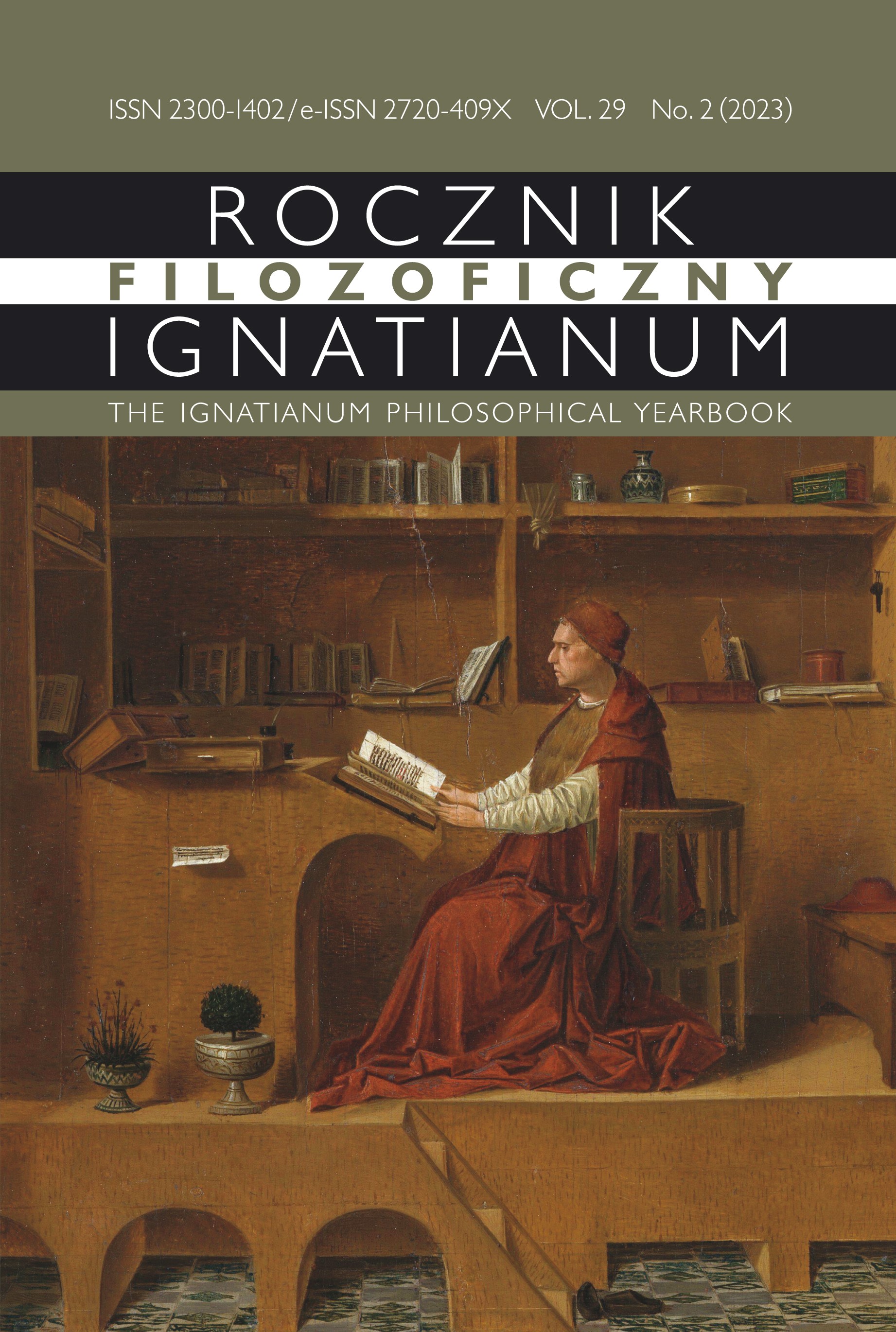The Idea of Progress in the Writings of Józef Ordęga (1802–1879)
Abstract
Józef Ordęga (1802–1879) was a Polish nobleman, participant in the November Uprising, and then one of the activists of the Great Emigration in France. In this article, I have undertaken to analyse the importance of the idea of progress in his writings from 1838–1846, when he attempted to carry out independent political activity. I pointed out that he drew a strong inspiration from the doctrine of French utopian socialism, in particular from Philippe Buchez – a Saint-Simonian. By following him, Ordęga, believed that progress consisted in the fulfillment by humanity of the goals gradually revealed by God. He claimed that the ideas related to the French Revolution, such as liberty, equality, fraternity, were the implementation of the teachings of Christ and were fundamentally Catholic. In addition, he ascribed a special role to Poland in the general process of progress, expressing hope that in the future Poland would be reborn as a fully democratic state.
Copyright (c) 2023 Jesuit University Ignatianum in Krakow

This work is licensed under a Creative Commons Attribution-NoDerivatives 4.0 International License.
The Yearbook only accepts materials for publication that are free of all conflicts of interest, and that in no way involve conflicts over authorship, copyright, etc. The Editors will take action against any cases of plagiarizing, ghostwriting1, guest/honorary authorship2, etc. Where co-authored work is concerned, the Author listed first is expected to take responsibility for the submission, and is required to make clear the contributions of all of the Co-Authors involved. In the event of the publication owing its existence to funding dedicated to this purpose, this fact should be made clear: e.g. in any note of thanks/acknowledgement, or in a footnote, etc. Explicit notification should be given of any form of reprinting, with the appropriate evidence of permission to publish being furnished as required. Any impropriety on the part of Authors/Reviewers risks exposing them to appropriate responses from the relevant institutions.
______
1 This term refers to instances of a person who has made an essential contribution being omitted from the list of authors, or from notes conveying gratitude and/or acknowledgement.
2 This occurs when a person who has made either an insignificant contribution or no contribution at all nevertheless appears on the list of authors.





